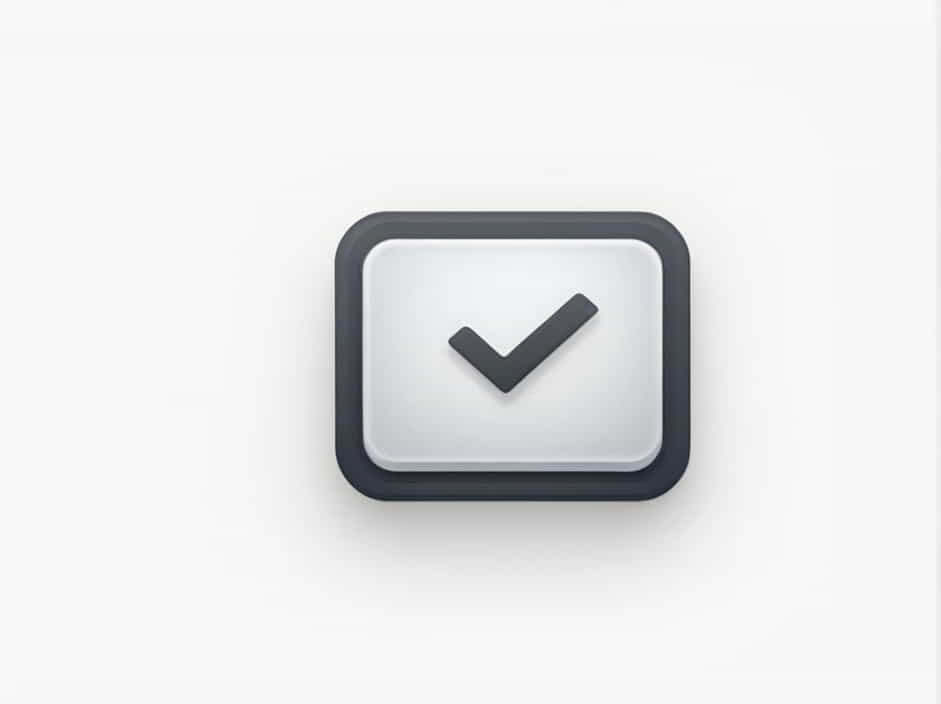The word “withdraw” is commonly used in different contexts, from banking and finance to personal behavior and military strategies. It generally means to remove, take back, or retreat from a particular situation or place.
In this topic, we will explore the definition of withdraw, its different meanings, synonyms, antonyms, common phrases, and practical examples. Understanding the word “withdraw” can help in improving vocabulary and communication skills.
Definition of Withdraw
The verb “withdraw” has several meanings depending on the context in which it is used. Below are the primary definitions:
- To remove something from a place (e.g., withdrawing money from a bank)
- To stop participating in an activity (e.g., withdrawing from a competition)
- To retreat or move away from a position (e.g., a military force withdrawing from a battlefield)
- To pull back from social interactions (e.g., someone withdrawing from friends due to stress)
- To take back a statement or offer (e.g., withdrawing a job application)
Example Sentences:
- She decided to withdraw her application for the scholarship.
- The army was forced to withdraw from the area due to heavy resistance.
- He withdrew a large sum of money from his bank account.
- After the argument, he withdrew from the conversation and remained silent.
Synonyms and Antonyms of Withdraw
Synonyms (Words with Similar Meanings):
- Remove
- Retract
- Retreat
- Pull back
- Cancel
- Extract
- Leave
Antonyms (Opposite Meanings):
- Deposit
- Advance
- Engage
- Continue
- Submit
- Enter
Different Contexts of Withdraw
1. Banking and Financial Meaning
One of the most common uses of withdraw is in banking, where it means taking money out of an account.
Example:
- I need to withdraw $100 from my savings account.
- He withdrew all his funds before closing the bank account.
2. Military and Strategic Meaning
In military and strategic situations, withdraw means to retreat from a location or stop an operation.
Example:
- The troops were ordered to withdraw from enemy territory.
- The country decided to withdraw its forces from the conflict zone.
3. Personal and Psychological Meaning
Withdraw can also refer to pulling away from social interactions due to stress, anxiety, or depression.
Example:
- After losing his job, he withdrew from his family and friends.
- People with social anxiety often withdraw from social situations.
4. Legal and Business Meaning
In legal and business settings, withdraw means to take back an offer, proposal, or statement.
Example:
- The company withdrew its merger offer after negotiations failed.
- She decided to withdraw her complaint against the employer.
5. Sports and Competition Meaning
In sports, withdraw means to pull out of a competition or event.
Example:
- The injured athlete had to withdraw from the race.
- Due to health reasons, the team withdrew from the tournament.
Common Phrases with Withdraw
There are several common phrases that use the word withdraw. Below are some popular ones:
1. Withdraw Money
Refers to taking money out of a bank account.
- She withdrew $500 from the ATM.
2. Withdraw an Offer
Means to take back a previous offer.
- The company withdrew its job offer after reviewing the candidate’s background.
3. Withdraw from a Course
Refers to dropping out of a class or academic program.
- He decided to withdraw from his math class due to a scheduling conflict.
4. Withdraw Support
Means to stop helping or endorsing someone or something.
- The senator withdrew his support for the new policy.
5. Withdraw into Oneself
Refers to becoming introverted and avoiding interaction with others.
- After the tragedy, she withdrew into herself and avoided social gatherings.
Why Do People Withdraw?
There are many reasons why people might withdraw from situations or relationships. Here are some of the most common:
1. Emotional Distress
People often withdraw due to stress, anxiety, depression, or emotional pain.
- He withdrew from social life after going through a difficult breakup.
2. Fear of Conflict
Some individuals withdraw from conversations or arguments to avoid confrontation.
- Rather than arguing, she withdrew from the discussion.
3. Lack of Interest
People may withdraw from activities or commitments if they lose interest.
- He withdrew from the chess club because he wasn’t enjoying it anymore.
4. Financial or Legal Reasons
Sometimes, businesses and individuals withdraw applications or contracts due to financial or legal concerns.
- The company withdrew its investment due to market instability.
5. Personal Growth
Withdrawal is not always negative. Some people withdraw to focus on self-improvement or personal development.
- She withdrew from social media to concentrate on her studies.
How to Handle Withdrawal Positively
If you or someone you know is withdrawing from social life, work, or other important activities, here are some ways to handle it:
1. Identify the Reason
Understanding why withdrawal is happening is the first step to addressing the issue.
2. Seek Support
Talking to friends, family, or a professional can help overcome emotional withdrawal.
3. Take Small Steps to Reconnect
If you’ve withdrawn socially, start small interactions to rebuild confidence.
4. Practice Self-Care
Taking care of mental and physical health can prevent negative withdrawal patterns.
5. Make a Decision with Clarity
If withdrawing from a situation, ensure it is the right choice and not just an emotional reaction.
The word “withdraw” has a wide range of meanings, from taking money out of a bank to retreating from social interactions or military positions. While withdrawal can sometimes be necessary or strategic, it is also important to recognize when it is harmful or unhealthy.
Understanding the different meanings and contexts of withdraw can help in using the word accurately in conversations, writing, and decision-making. Whether in finance, personal life, business, or psychology, knowing when and how to withdraw can make a significant difference in many aspects of life.
